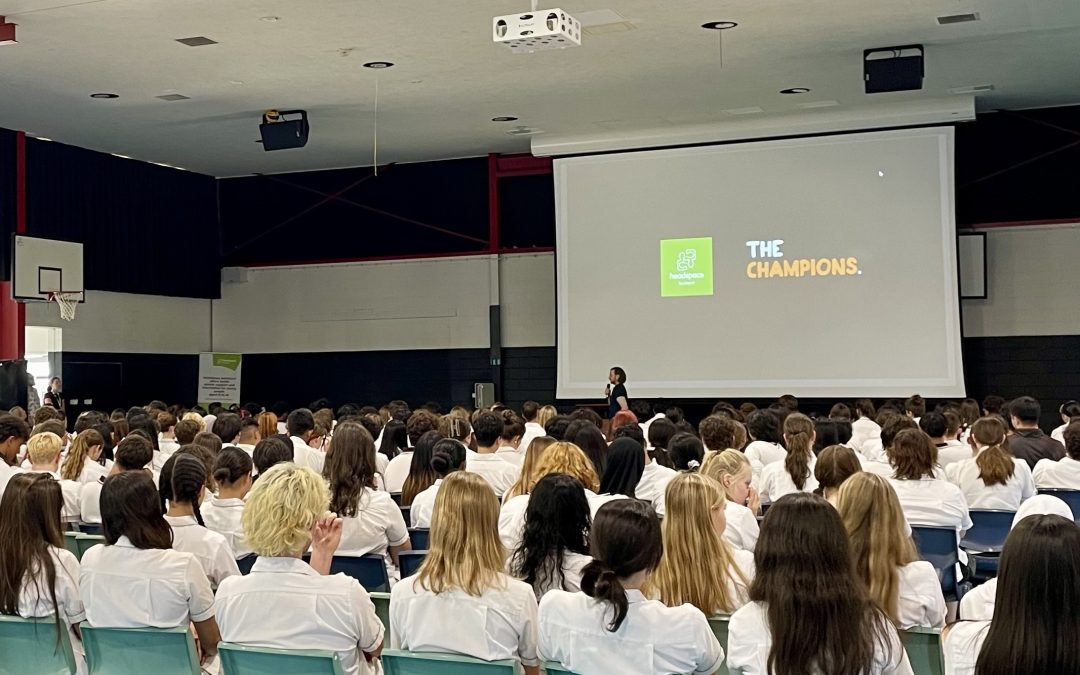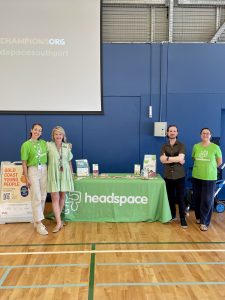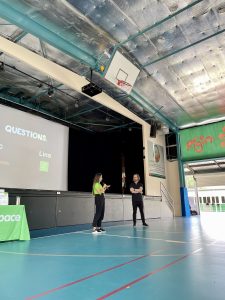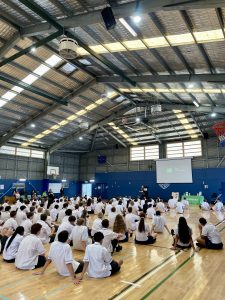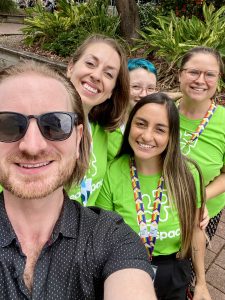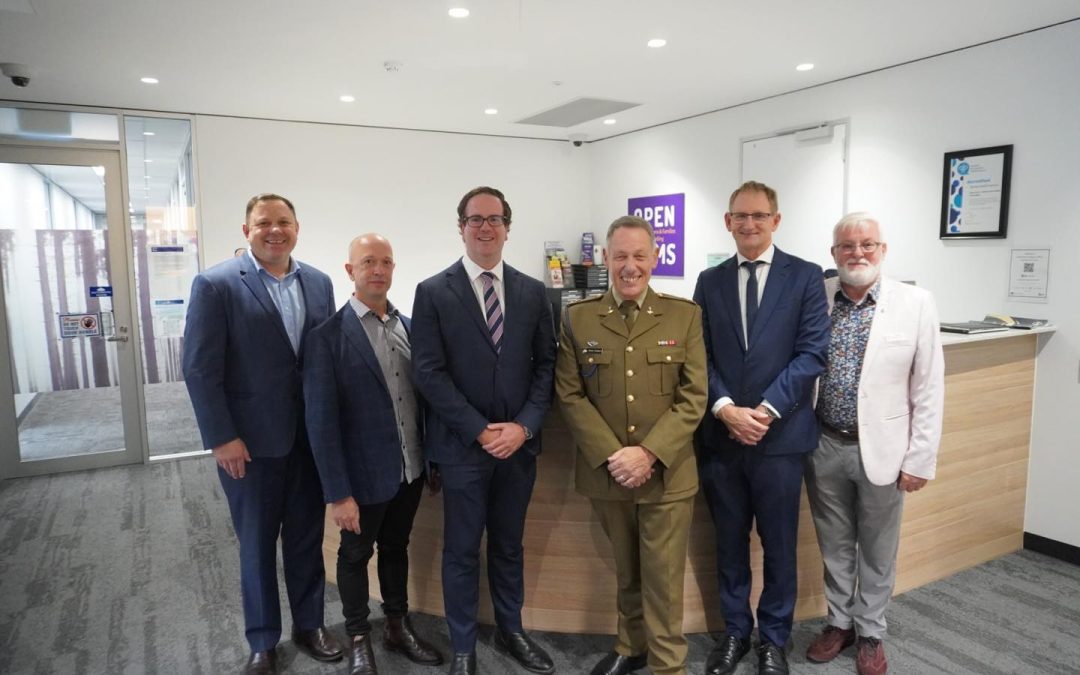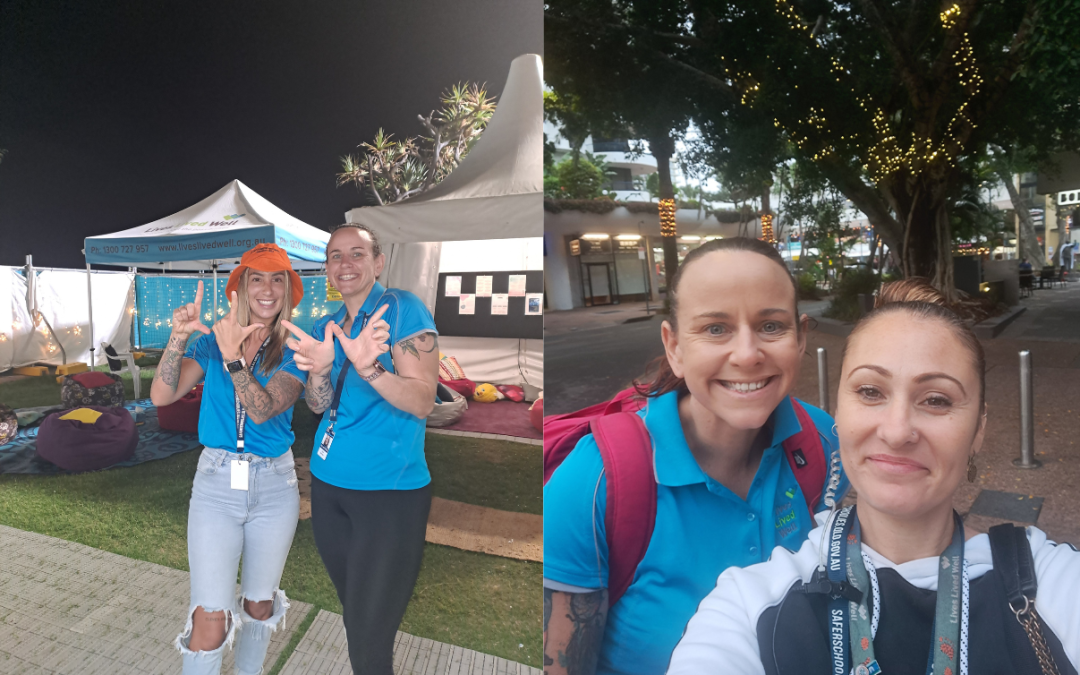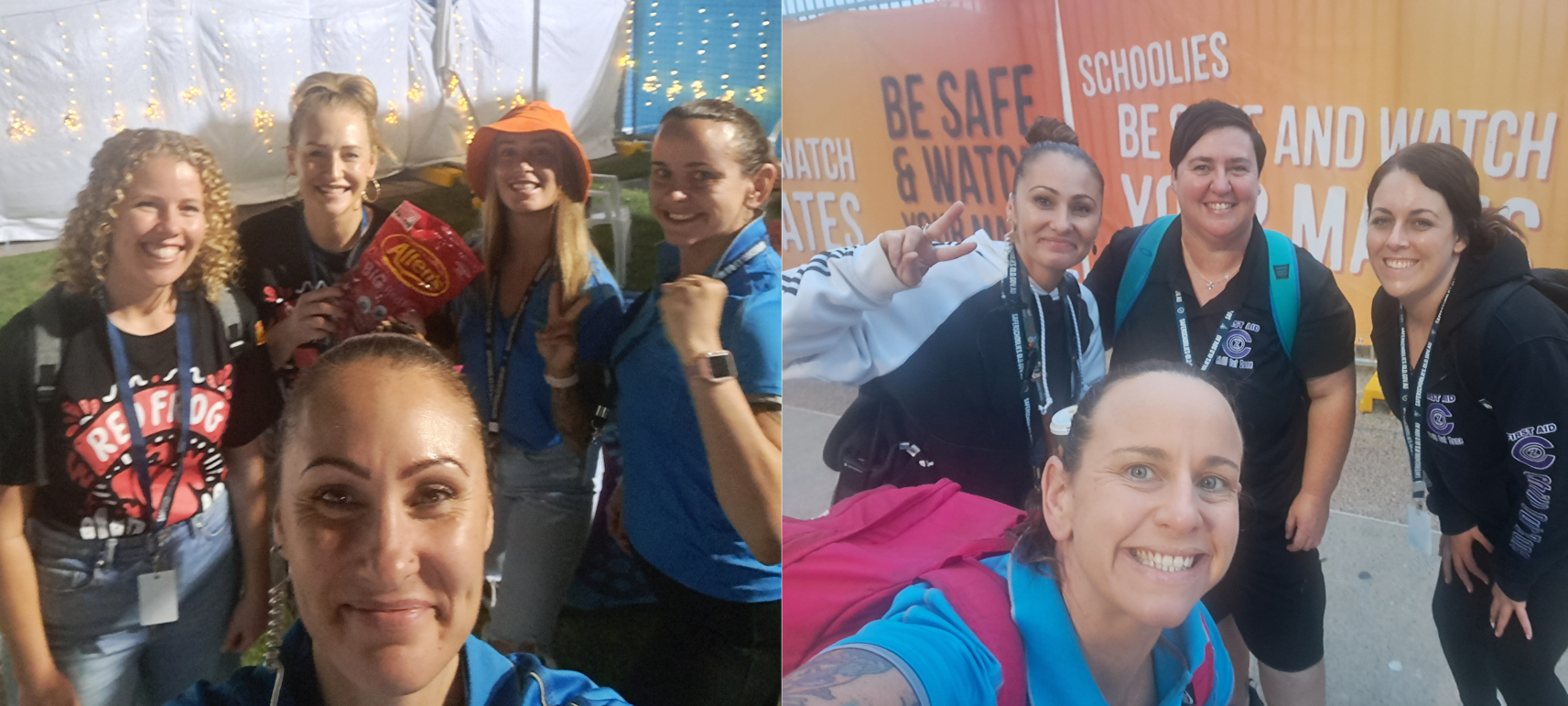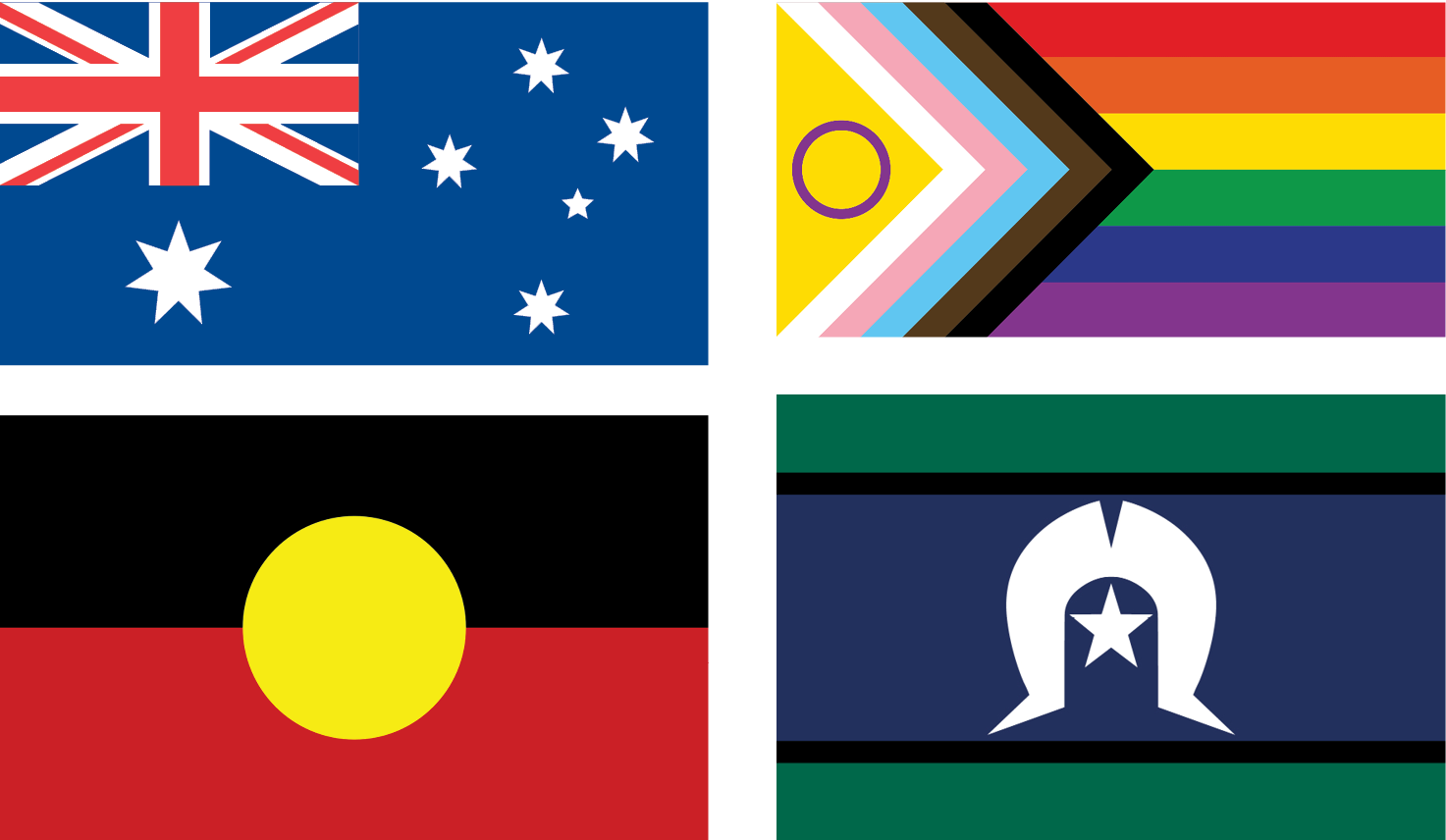
New community library now open in our Caboolture Veterans’ and Families’ Wellbeing Hub
Our Caboolture Veterans’ and Families’ Wellbeing Hub now has a community library, thanks to the team at Brothers and Books.
Brothers and Books are a bibliotherapy charity dedicated to setting up community libraries across Australia to promote the benefits of reading for positive mental health. It was founded by Captain Dylan Conway after experiencing one of the most challenging periods of his life.
Bedridden for 14 months following surgery, Dylan turned to reading, devouring over 100 books. This practice not only helped him through his recovery but also inspired him to share the therapeutic benefits of reading with others facing hardships.
Reading kept his mind active, helped his resilience and improved his stress levels during his recovery.
Dylan created an Instagram platform to share his experience and the journeys of others finding success in reading. The platform quickly grew, gaining over 20,000 followers in less than a year and attracting media attention. Since then, Brothers and Books has established community libraries across Australia, inspiring people to turn to books during difficult times. The charity is collectively enhancing the resilience, education, and emotional intelligence of thousands of people.
In addition to our new library, our Veterans’ and Families’ Wellbeing Hub is launching a monthly book club. This book club aims to bring people together, foster a love for reading, and continue the mission of Brothers and Books by supporting our community’s mental health and wellbeing.
We are grateful for the support Brothers and Books has provided to our service.
Our Veterans and Families Hub, operated in partnership with the Vietnam Veterans Association of Australia (Queensland Branch), is dedicated to supporting veterans and their families. It offers a range of social and wellbeing services to enhance their quality of life.
If you’re interested in joining our book club, send us an email at [email protected]. Veterans and their families are also welcome to visit the Hub at 12 King Street, Caboolture, anytime during business hours.





